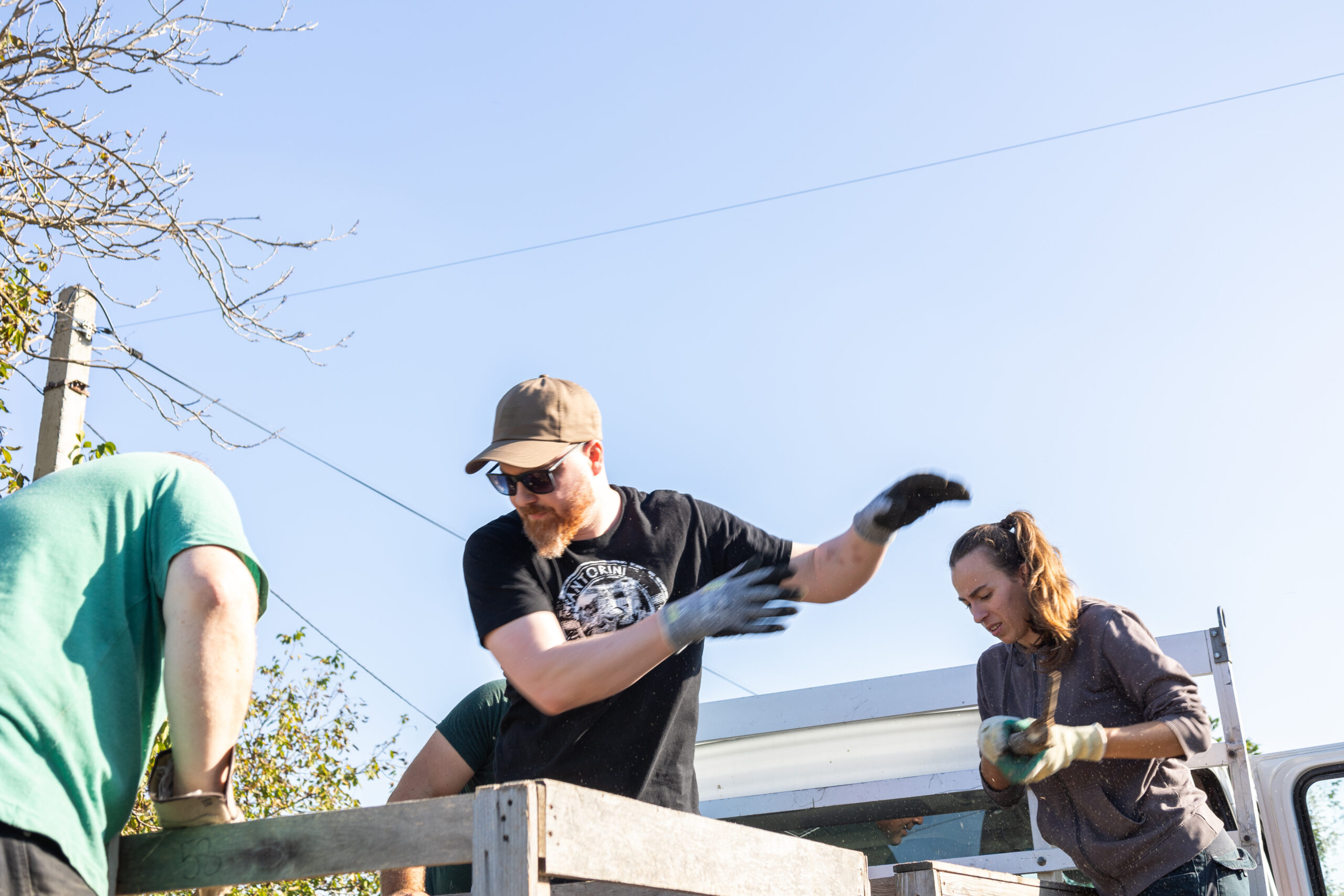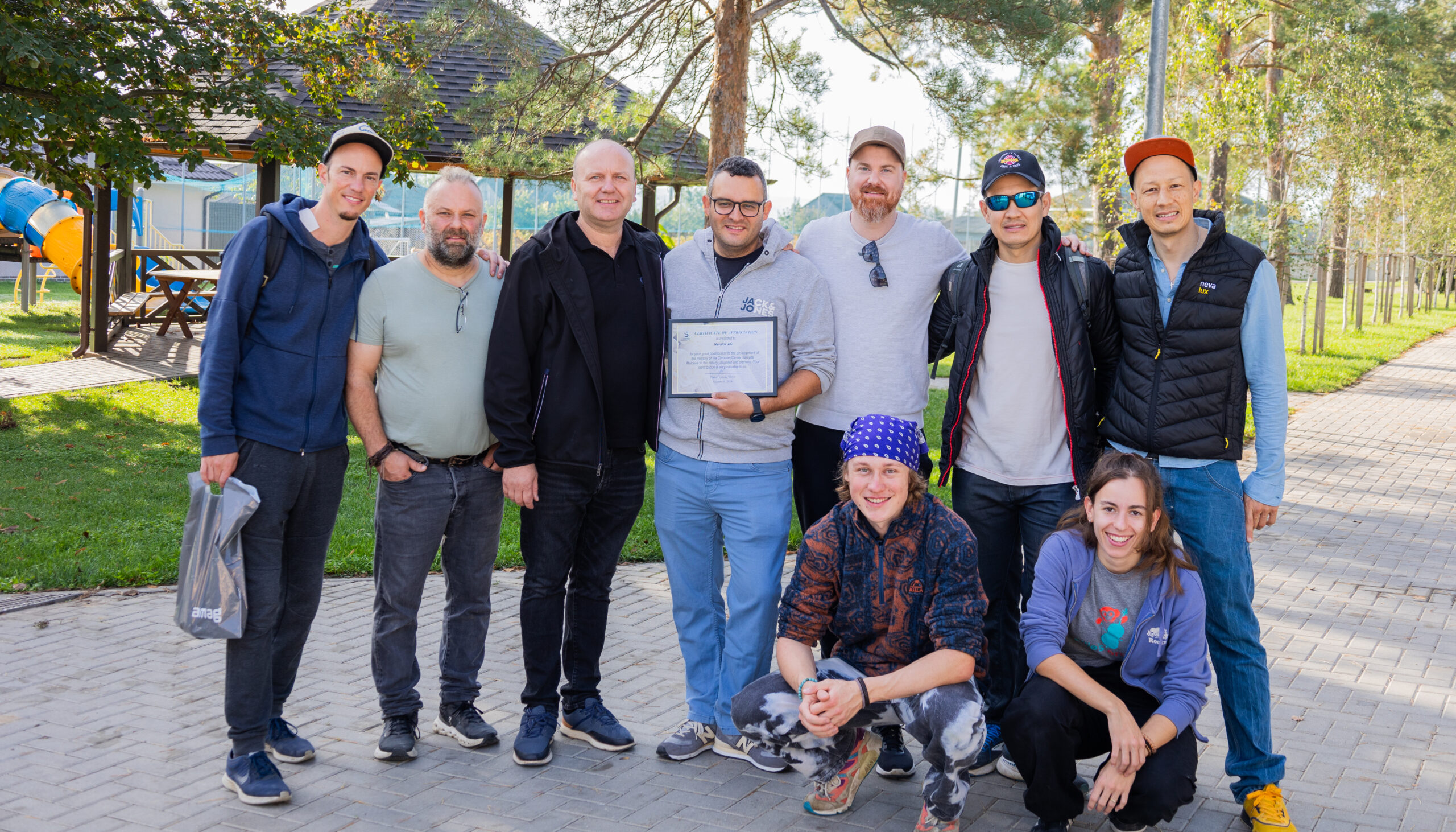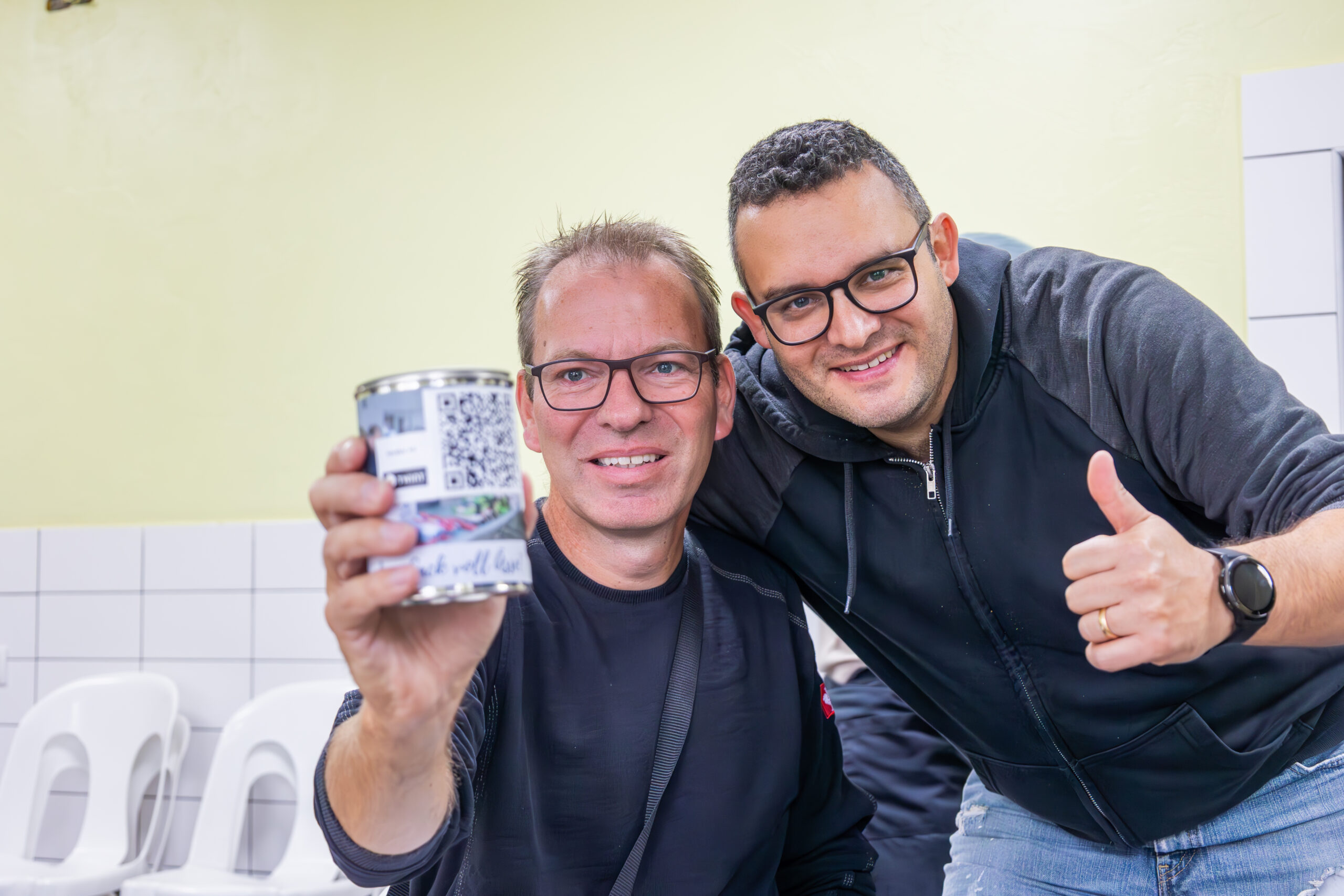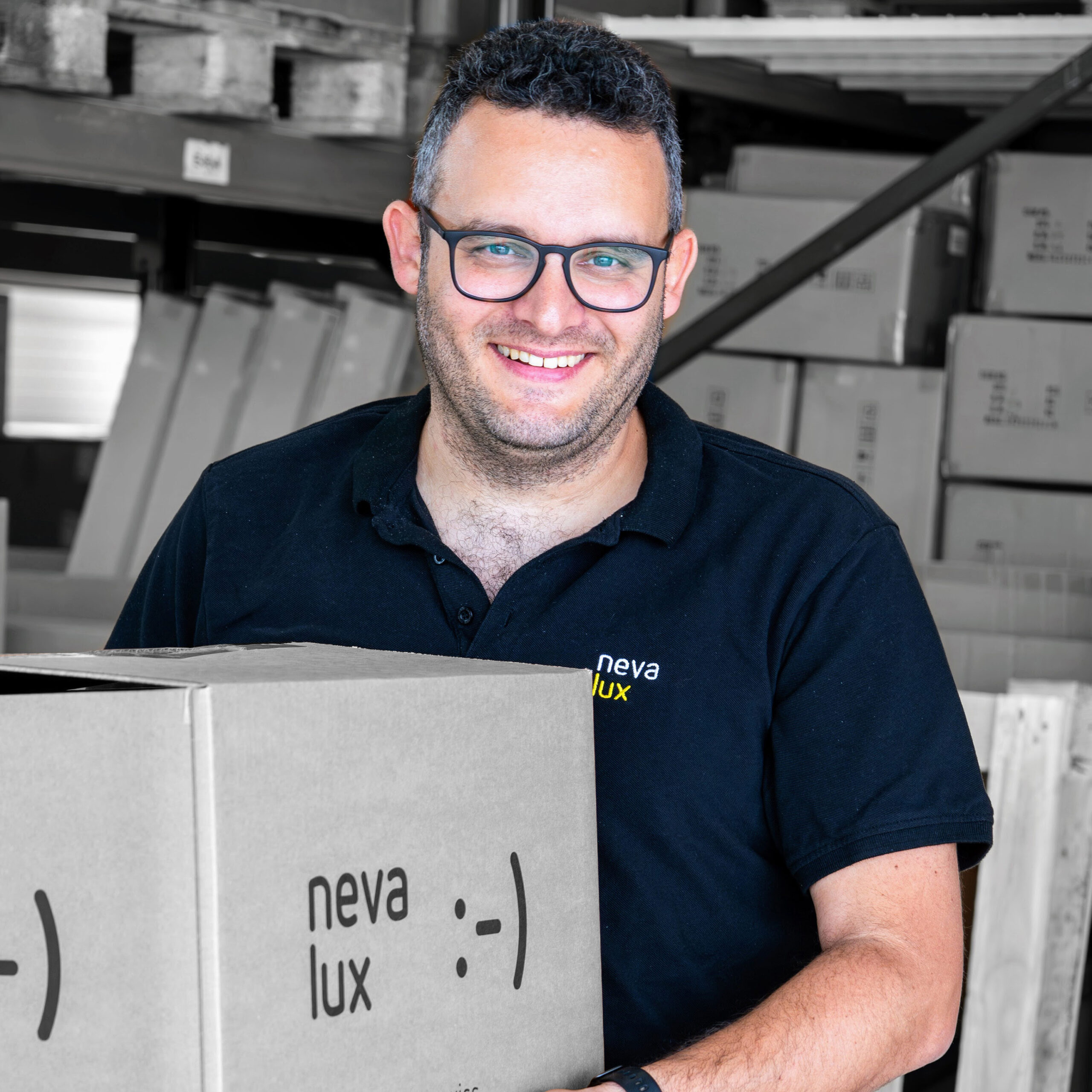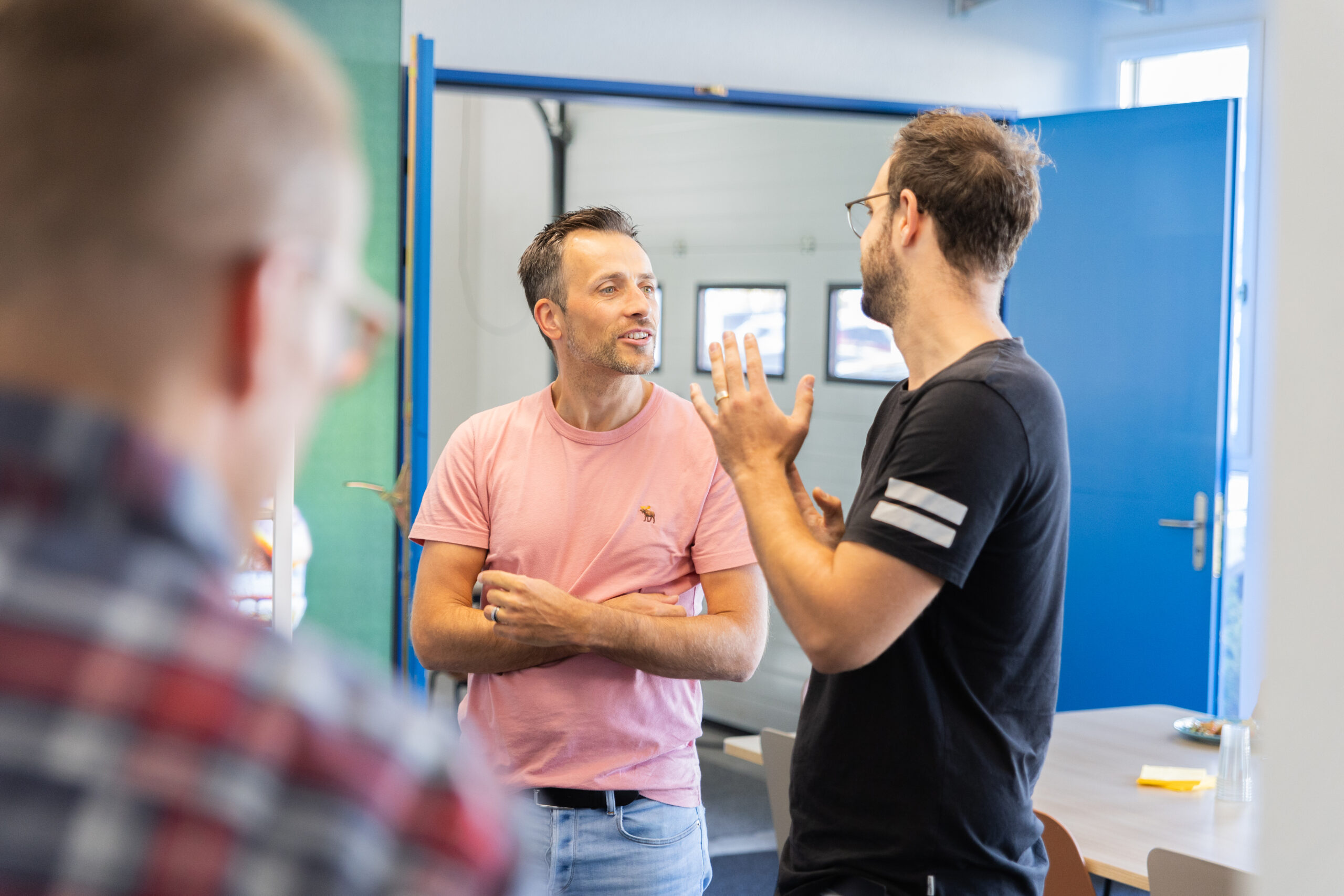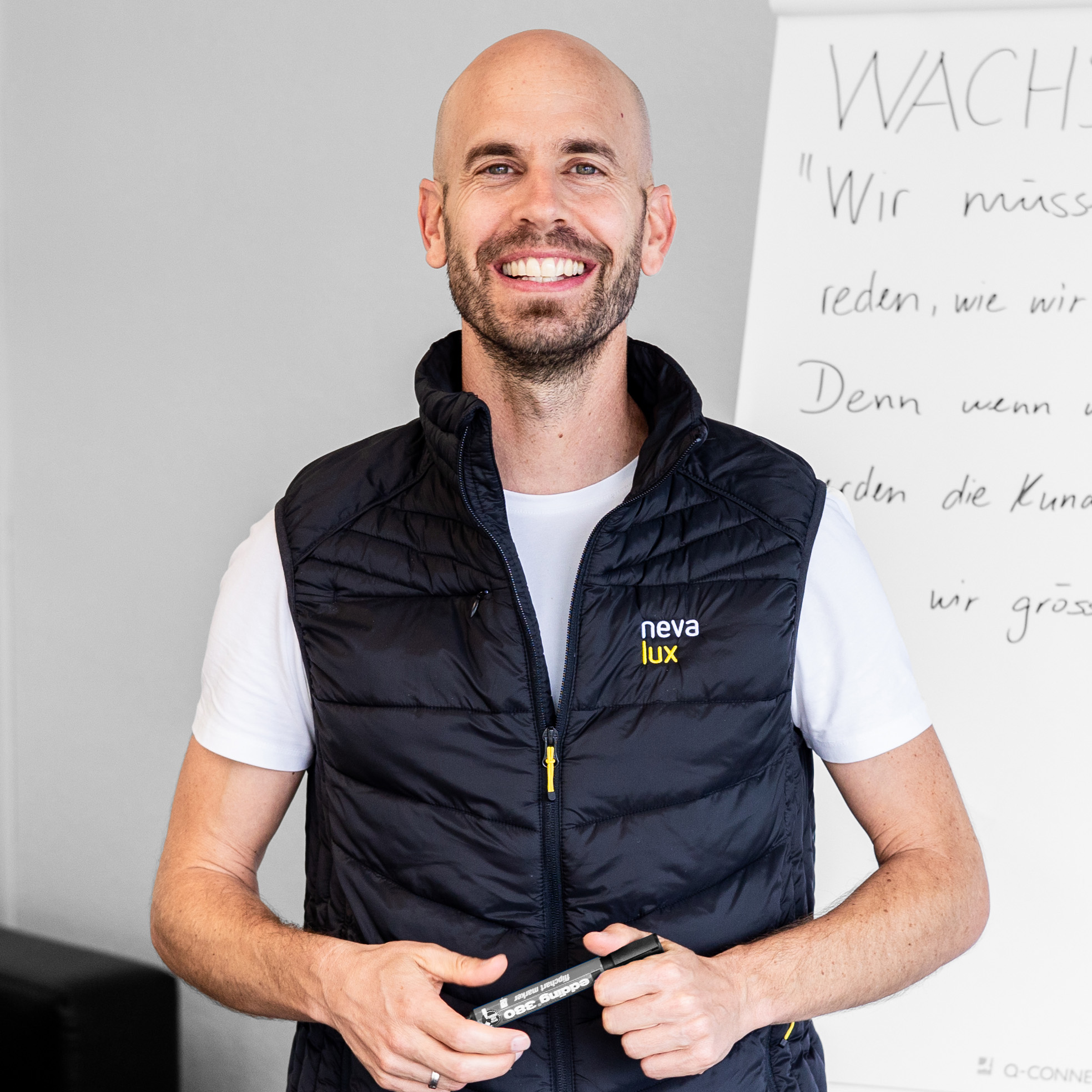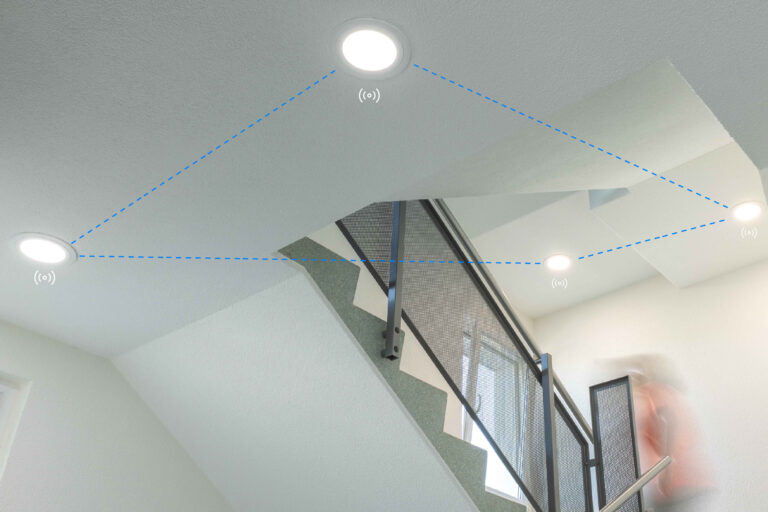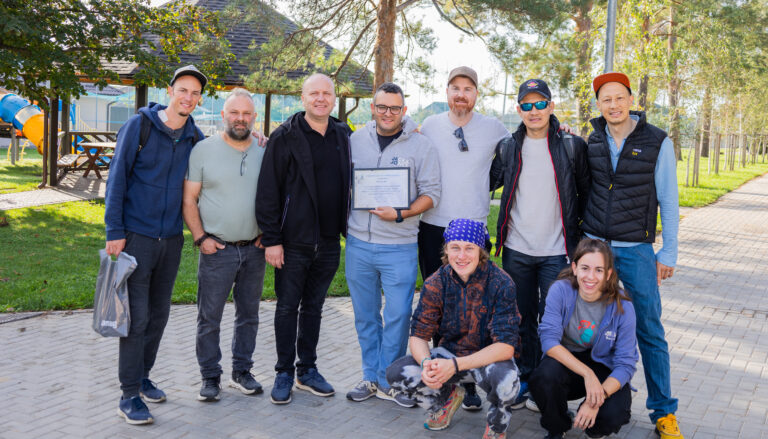

Working models that promote a healthy work-life balance are in demand!
These points are crucial
1. Flexible working models are indispensable in today’s dynamic world of work and are a hallmark of a modern company.
2. The focus is on achieving a healthy work-life balance.
3. Flexible working increases the health and quality of life of employees.
4. The quality of work and efficiency increase.
5. Pitfalls such as communication, coordination and team building must be considered.
The classic image of a ‘9‑to‑5’ employee with a fixed workplace is increasingly being replaced by more flexible concepts. But what does this mean for employers and employees? Find out in this blog!
- Home office and remote work: Working from home or anywhere else – just not in the office.
- Flexitime: The option to determine your own working hours within a certain framework.
- Part-time: reduced working hours that allow employees to pursue other interests outside of work.
- Job sharing: two people share a full-time position and take on responsibility together.
More flexibility in the workplace leads to less stress. This is the conclusion of a study conducted by the opinion research institute Sotomo on behalf of the Swiss Employers’ Association (SAV)*. 81 per cent of respondents stated that more flexibility in working hours would reduce their stress levels.
Employees can adapt their working hours and locations to their individual needs. For example, to pursue a leisure activity, to take care of a sick family member or simply to have more time for themselves.
Despite the challenge of balancing family and career, many parents do not want to give up responsibility and demanding tasks at work. Companies that give parents the opportunity to take on demanding tasks even on a part-time basis benefit from their commitment and loyalty.
‘The flexible working model enables me to perfectly combine family and career. I particularly appreciate the fact that I can also do meaningful work, take on responsibility and drive exciting projects forward on a part-time basis.’
Rebekka Uebersax, Project Manager, nevalux AG
Parents often have excellent time management and organisational skills – abilities that are invaluable when it comes to taking responsibility for projects at work.
Flexible working models also offer advantages for companies. They increase employee satisfaction, reduce fluctuation and create an attractive, open working environment. Those who offer flexible working hours show that they take the needs of their employees seriously and trust them to work independently.
According to a Sotomo study*, flexible working models also offer opportunities in the fight against the labour shortage. The study shows that more flexible working hours not only increase employee satisfaction, but also their willingness to increase their workload. More than a quarter (28 per cent) of respondents in part-time employment could imagine increasing their workload if the work could be done more flexibly.
Of course, there are also challenges to implementing flexible working models. These include:
- Coordination and communication: The most time-consuming point! This is because employees must be informed and able to work together effectively, regardless of their place of work and working hours.
- Customer focus: Excellent customer service must be guaranteed. Response and delivery times must not be compromised.
- Responsibility and transparency: A clear framework must be created in which all employees, including those with flexible working models, understand and take on their responsibilities.
- Division of tasks: Be careful that employees with a full-time workload do not end up suffering from the working models and having to bear the main responsibility.
- Success factor: Such working models only work if there is an appreciative corporate culture and a high level of work ethic. Therefore, don’t lose sight of team building!
Finally, this…
The world of work will continue to change. Flexible working models will increasingly become the norm and no longer the exception. Companies that recognise and actively shape this trend will remain competitive. They position themselves as a modern employer with a future-oriented corporate culture.
nevalux AG has been implementing flexible working models since its foundation in 2018. Interested in getting to know the company better? Then get in contact with us.






